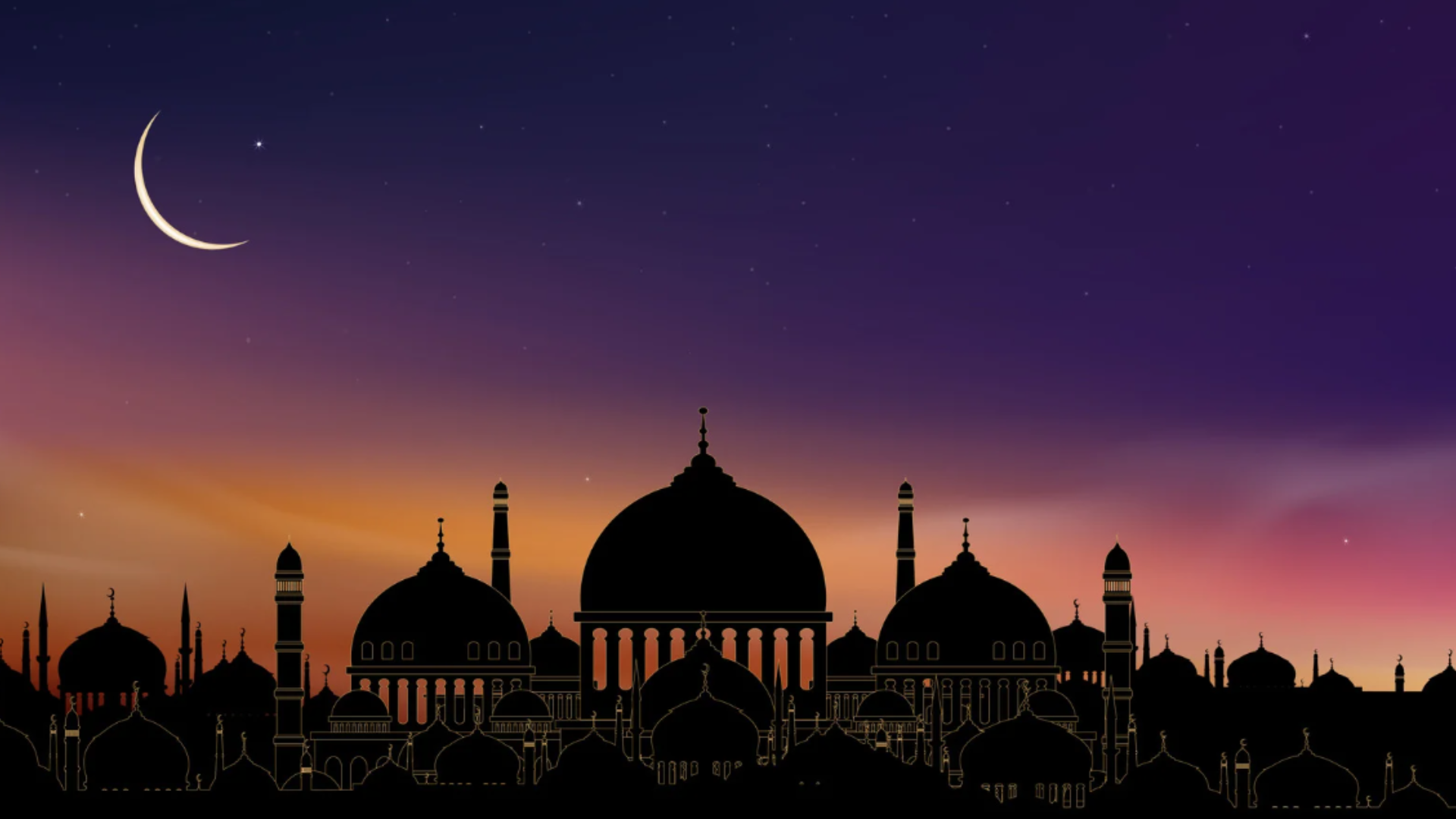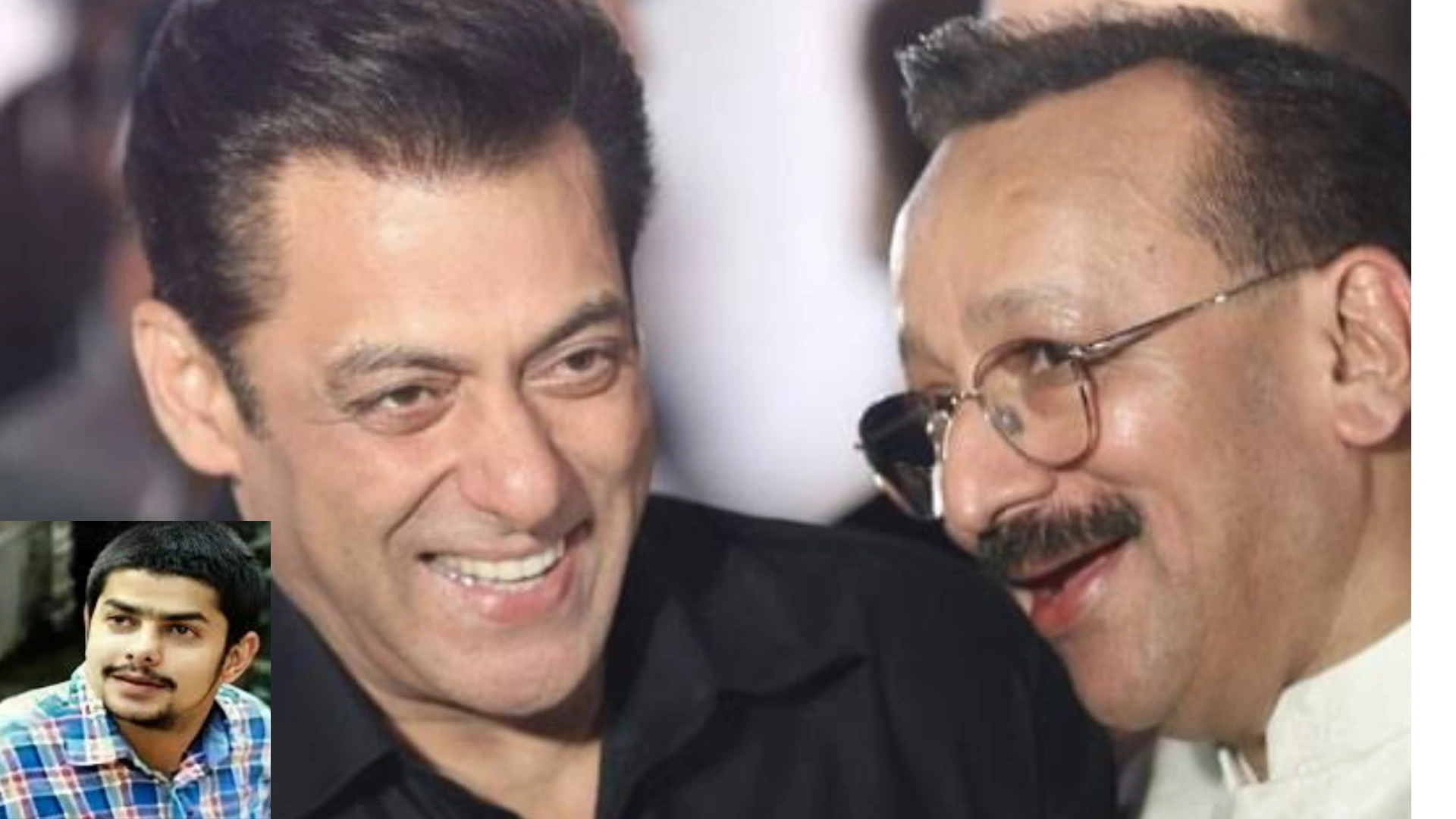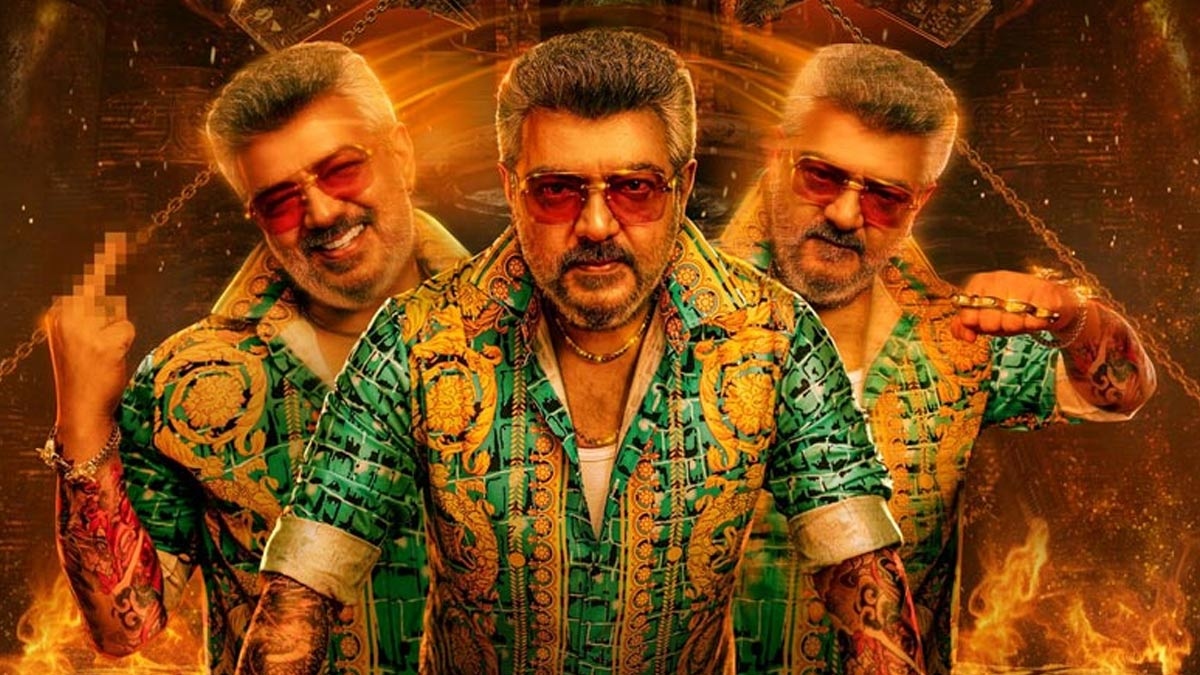Some lesser-known facts about Eid-ul-Adha:
Connection to Hajj Pilgrimage: Eid-ul-Adha coincides with the completion of the Hajj pilgrimage to Mecca. Muslims who are not performing Hajj also participate in the celebrations, marking a shared spiritual connection.
Eid of Sacrifice: While Eid-ul-Adha is known as the “Festival of Sacrifice,” it also symbolizes obedience, faith, and the willingness to make sacrifices in the path of God.
Symbolism of Animals: The animals sacrificed during Eid-ul-Adha (such as sheep, goats, cows, or camels) symbolize Ibrahim’s willingness to sacrifice his son Ismail. It highlights the importance of submission to God’s will.
Distribution of Sacrificial Meat: The meat from the sacrificed animal is divided into three parts: one-third for the family, one-third for relatives and friends, and one-third for the needy. This tradition emphasizes sharing and caring for others.
Variety in Celebrations: Eid-ul-Adha is celebrated with diverse cultural traditions worldwide. For example, in some regions, decorative livestock markets and communal prayers in open fields are common.
Spiritual Reflection: Beyond celebrations, Eid-ul-Adha encourages Muslims to reflect on the values of sacrifice, charity, and gratitude. It serves as a reminder to prioritize faith and community service.
Importance of Charity: Giving to charity (Zakat al-Fitr) before the Eid prayers is an essential part of preparing for Eid-ul-Adha. It ensures that everyone can participate in the festivities, regardless of their financial situation.
Historical Roots: Eid-ul-Adha traces its origins to Prophet Ibrahim’s devotion and obedience to God’s command. The event underscores the universal themes of faith and commitment found in Abrahamic religions.
Eid Greetings: Muslims exchange greetings of “Eid Mubarak” or “Blessed Eid” during this time, expressing joy and unity among the community.
Interfaith Understanding: Eid-ul-Adha presents an opportunity for interfaith dialogue and understanding, as its themes of sacrifice and charity resonate across different cultures and religions.




















